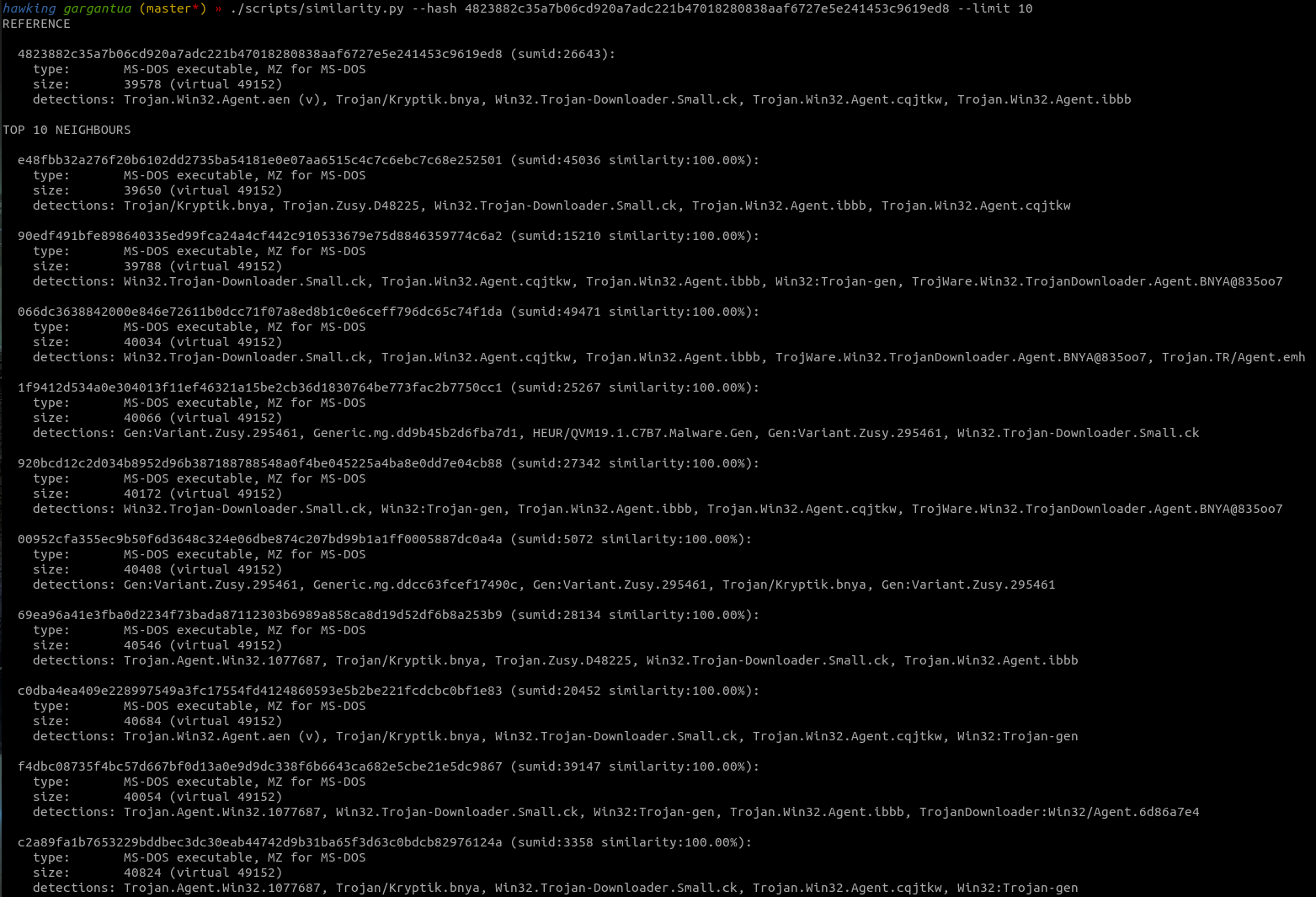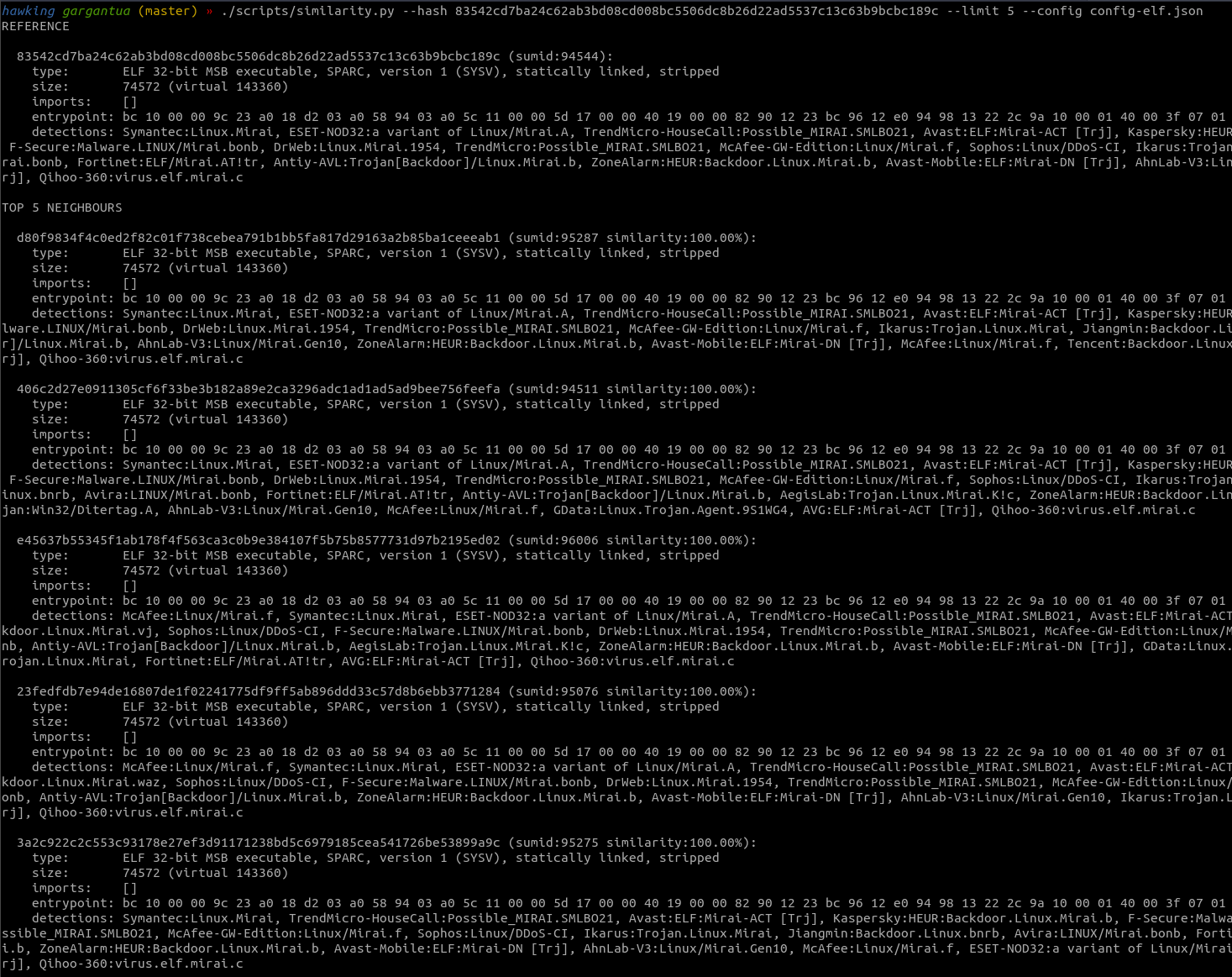SUM






Sum is a specialized database server for linear algebra and machine learning.
Installation
Download the latest binary release, then create the certificate used for authentication and channel encryption:
sudo mkdir -p /etc/sumd/creds
sudo openssl req -x509 -newkey rsa:4096 -keyout /etc/sumd/creds/key.pem -out /etc/sumd/creds/cert.pem -days 365 -nodes -subj '/CN=localhost'
Proceed to install the sumd binary as a systemd service:
cd /path/to/extracted/sumd
sudo mkdir -p /var/lib/sumd/data
sudo mkdir -p /var/lib/sumd/oracles
sudo mv sumd /usr/local/bin/
sudo mv sumcli /usr/local/bin/
sudo mv sumd.service /etc/systemd/system/
sudo systemctl daemon-reload
Compile from Source
Install gRPC go bindings and then:
go get github.com/evilsocket/sum
cd $GOPATH/src/github.com/evilsocket/sum
make deps
make sumd
sudo make install
Usage
You can access your sum instance by using the sumcli client, run sumcli -eval "help; q" to print a list of available commands. Moreover, to have an idea of how the client side works, take a look at the example python client code that will create a few vectors on the server, define an oracle, call it for every vector and print the similarities the server returned.
Why?
If you work with machine learning you probably find yourself having around a bunch of huge CSV files that maybe you
keep using to train your models, or you run PCA on them, or you perform any sort of analysis. If this is the case, you
know the struggle of:
- parsing and loading the file with
numpy, tensorflow or whatever.
- crossing your fingers that your laptop can actually store those records in memory.
- running your algorithm
- ... waiting ...
This project is an attempt to make these tedious tasks (and many others) simpler if not completely automated. Sum is a database and gRPC high performance service offering three main things:
- Persistace for your vectors.
- A simple CRUD system to create, read, update and delete them.
- Oracles.
An oracle is a piece of javascript logic you want to run on your data, this code is sent to the Sum server by a
client, compiled and stored. It'll then be available for every client to use in order to "query" the data.
For instance, this is the findSimilar oracle definition:
// Given the vector with id=`id`, return a list of
// other vectors which cosine similarity to the reference
// one is greater or equal than the threshold.
// Results are given as a dictionary of :
// `vector_id => similarity`
function findSimilar(id, threshold) {
var v = records.Find(id);
if( v.IsNull() == true ) {
return ctx.Error("Vector " + id + " not found.");
}
var results = {};
records.AllBut(v).forEach(function(record){
var similarity = v.Cosine(record);
if( similarity >= threshold ) {
results[record.ID] = similarity
}
});
return results;
}
Once defined on the Sum server, any client will be able to execute calls like findSimilar("some-vector-id-here", 0.9), such
calls will be evaluated on data in memory in order to be as fast as possible, while the same data will be persisted on disk
as binary protobuf encoded files.
Here you can see the output of an example usecase - finding behaviourally similar malware samples given a reference executable:


 Directories
¶
Directories
¶





